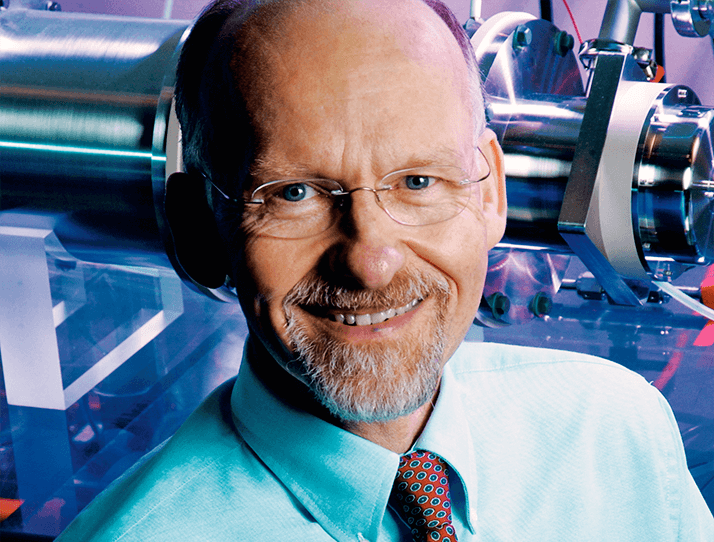
On finding mass spectrometry:
“It goes back to the mid-1970s – very early in my career – when I was thinking about what large research impacts might be enabled by MS. At that time, there was a very small community pursuing the development of MS for what are now considered extremely simple biological applications. Applying MS for the characterization of whole ‘biological systems’ was really not discussed; the possibilities then were greatly constrained by some really difficult problems: lack of sensitivity, limitations of MS ionization methods, separation methods to which MS could be interfaced, and a range of other MS capabilities. I was intrigued by these problems, and realized that if they could be solved, MS could become an integral technique for biological research.
“My career has centered on addressing these MS technology issues and applying the improved techniques in as broad a context as possible. It’s fun to be part of a much larger research agenda and contribute to areas that can affect all of us in one way or another, for example, in cancer-related research or improving biofuel production. Importantly, our applied work also provides continuous feedback on which technical issues are limiting – presenting a better focus for our technology development efforts.”
On his “obsession for sensitivity”:
“Actually, I think of myself as having a ‘passion for sensitivity’, but the difference between passion and obsession is in the eye of the beholder… More seriously, what drives this is the desire to better characterize, and ultimately understand, biological systems. And this gets to what I really want to focus on next. If you look at what we really need to effectively apply systems biology approaches, it will require much, much more data across the pan-omics data types (for example, proteomics). However, the throughput of present measurements (that is to say, the rate at which we can make measurements and fully analyze samples) lags by many orders of magnitude behind what can now be done in genomics. What we really need is to take MS-based proteomics, metabolomics, lipidomics and related measurements, and be able to make them not just ten times faster but a million times faster.”
